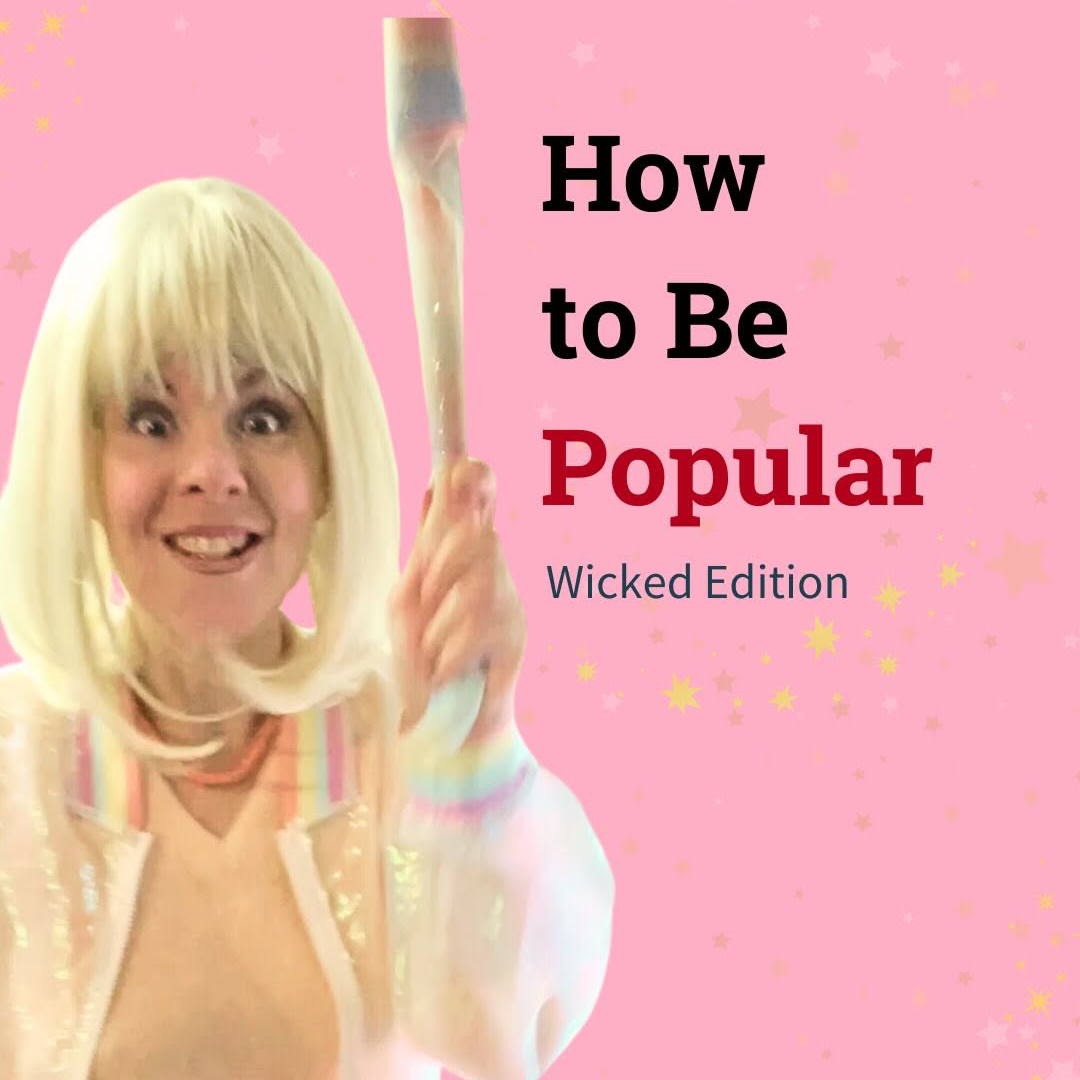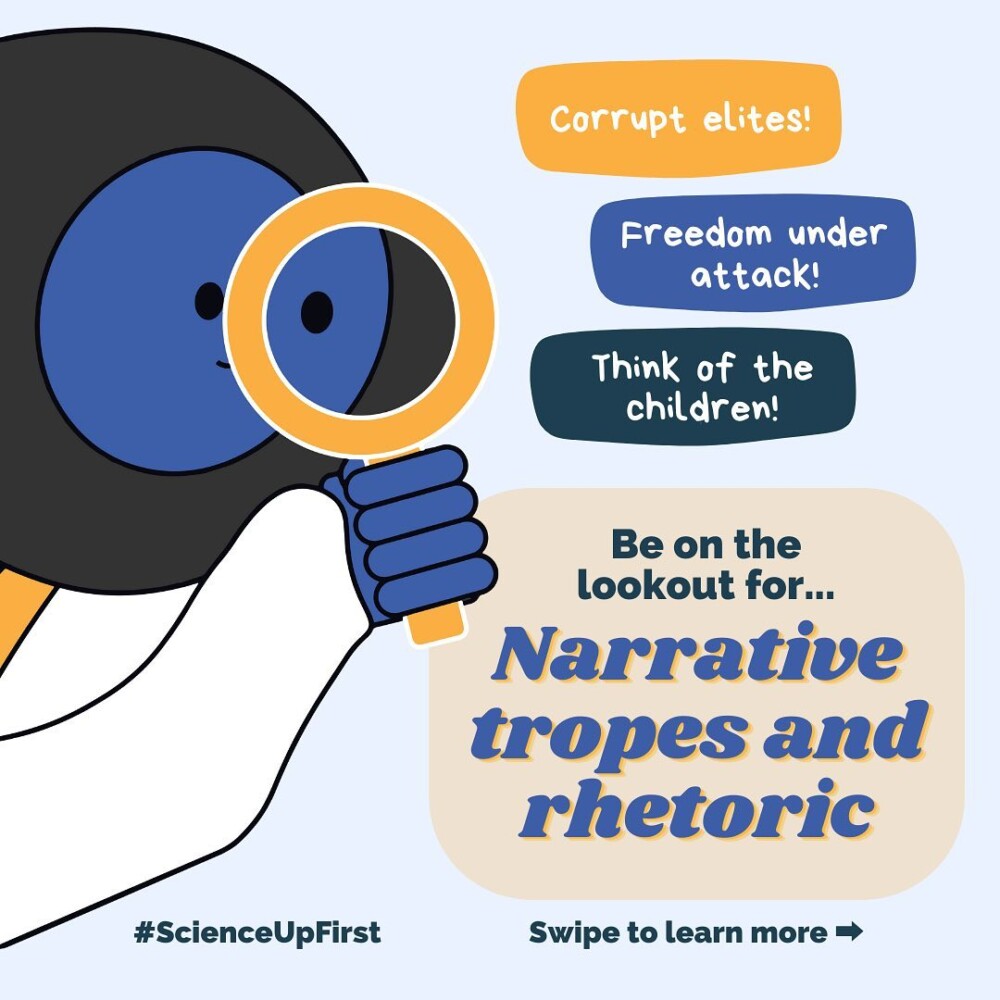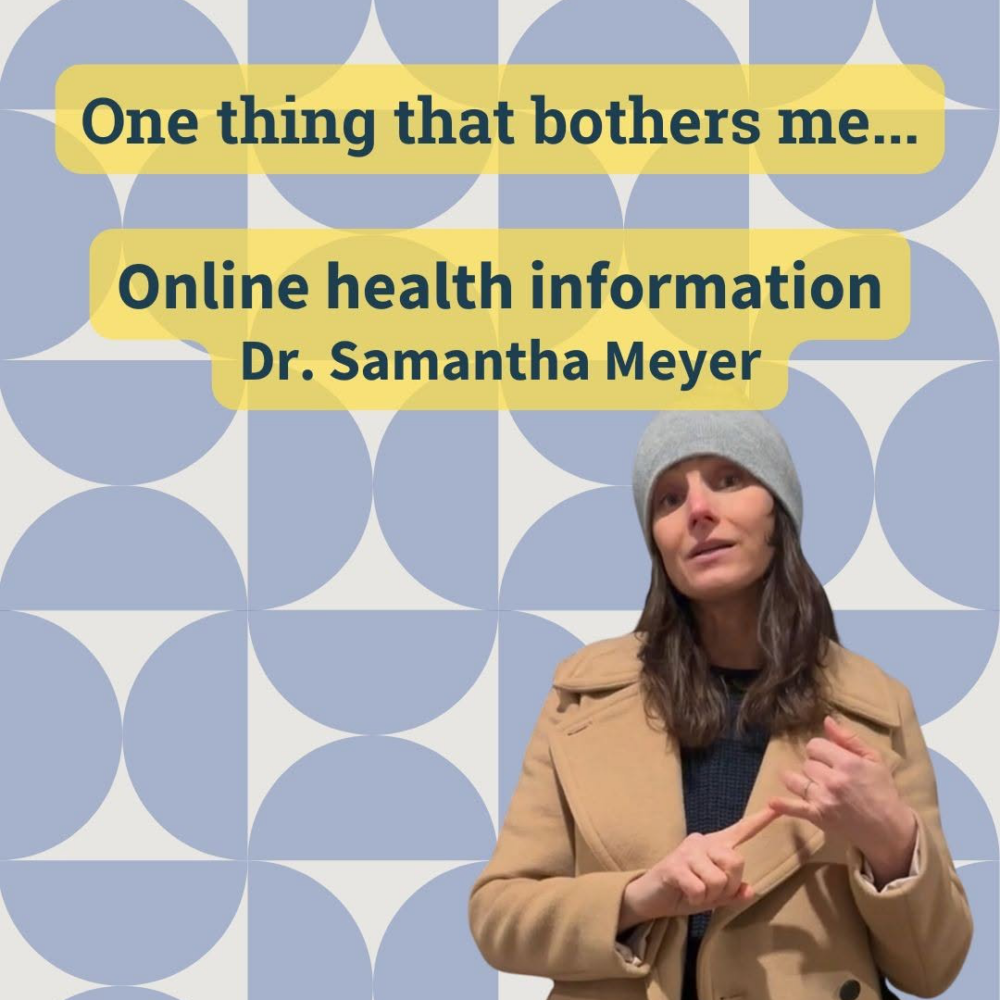Social media is all about being popular, right? 🪄
When you see viral content with lots of likes and shares, it’s easier to believe it is true (1,2, 3), especially if the post has been shared by people in your network or sources you trust (4,5,6,7). But just because something is popular doesn’t mean it’s accurate!
Algorithms are complicated and differ between platforms, so it’s hard to know why certain posts become popular while others don’t. However, social media platforms tend to prioritize posts with greater engagement (2,7), and information that is controversial or upsetting – such as misinformation that makes dramatic claims – is more likely to get clicks, shares, and comments (1,2,7,8). In contrast, studies have shown that posts on social media with lots of high-quality evidence about health topics often perform worse than posts with less reliable information (9,10,11), perhaps because the evidence is less engaging than bold, uncited claims.
Next time a popular post comes across your feed, take a moment to think about how and why it got there. Kittens playing the piano? 🎹🐈 Awesome! Dramatic claims about your health or global events? Take some time to verify the information before you boost it.
Social Prevalence Is Rationally Integrated in Belief Updating | Open Mind | 2022- Lies, Damn Lies and Viral Content | Columbia Academic Commons | September 2017
- Going Viral: Sharing of Misinformation by Social Media Influencers | Australasian Marketing Journal | August 2024
- Factors Associated with Cancer Message Believability: a Mixed Methods Study on Simulated Facebook Posts | Journal of Cancer Education | June 2021
- Comparative Approaches to Mis/Disinformation| Belief in or Identification of False News According to the Elaboration Likelihood Model | International Journal of Communication | 2021
- Who can you trust? Credibility assessment in online health forums | Health Policy and Technology | March 2014
- Embedding Societal Values into Social Media Algorithms | Journal of Online Trust and Safety | September 2023
- What Makes online Content Viral? | Journal of Marketing Research | 2011
- Quality and Popularity Trends of Weight Loss Procedure Videos on TikTok | Obesity Surgery | January 2023
- Unravelling the truth: Examining the evidence for health-related claims made by naturopathic influencers on social media – a retrospective analysis | Health Promotion Perspectives | December 2023
- Zika virus pandemic-analysis of Facebook as a social media health information platform | American Journal of Infection Control | March 2017
View our original Tweet!
Social media is all about popularity, right? 🪄
— ScienceUpFirst | LaScienced'Abord (@ScienceUpFirst) December 12, 2024
But just because something is popular doesn’t mean it’s accurate!
Learn more about which posts go viral and how reliable they might be 👉 https://t.co/2scJOZpXto#ScienceUpFirst pic.twitter.com/df52EjvI6i
View our original Instagram Post!




